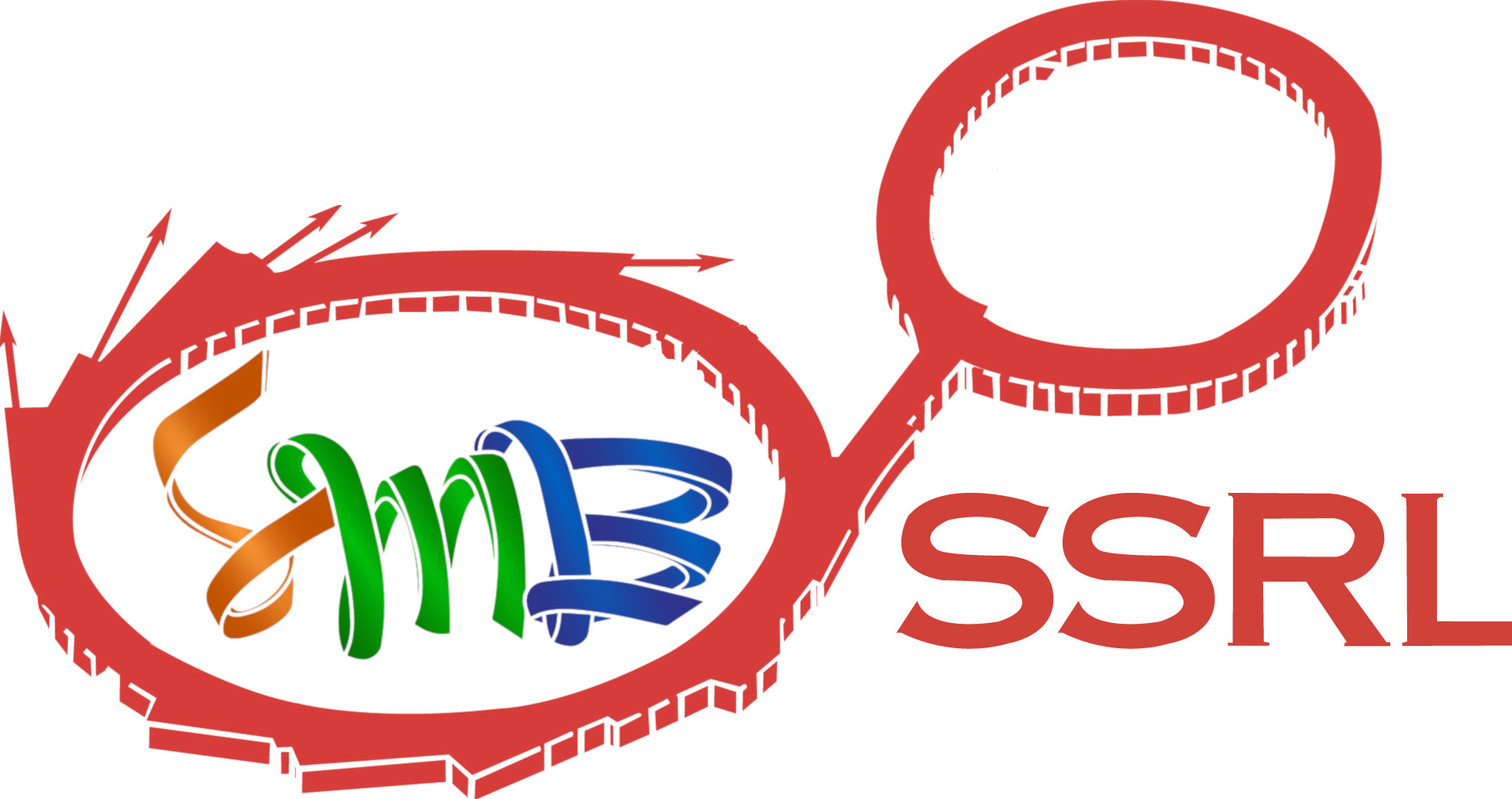Click here to go to the corresponding page for the latest version of DIALS
Source code for dials.algorithms.indexing.compare_orientation_matrices
from __future__ import absolute_import, division, print_function
import math
from scitbx import matrix
from scitbx.math import r3_rotation_axis_and_angle_from_matrix
[docs]def difference_rotation_matrix_axis_angle(crystal_a, crystal_b, target_angle=0):
from cctbx import sgtbx
# assert crystal_a.get_space_group() == crystal_b.get_space_group()
space_group = crystal_b.get_space_group()
best_R_ab = None
best_cb_op = None
best_axis = None
best_angle = 1e8
# iterate over space group ops to find smallest differences
for i_op, op in enumerate(space_group.build_derived_laue_group().all_ops()):
if op.r().determinant() < 0:
continue
elif not op.t().is_zero():
continue
cb_op = sgtbx.change_of_basis_op(op.inverse())
crystal_b_sym = crystal_b.change_basis(cb_op)
U_a = matrix.sqr(crystal_a.get_U())
U_b = matrix.sqr(crystal_b_sym.get_U())
assert U_a.is_r3_rotation_matrix()
assert U_b.is_r3_rotation_matrix()
# the rotation matrix to transform from U_a to U_b
R_ab = U_b * U_a.transpose()
axis_angle = r3_rotation_axis_and_angle_from_matrix(R_ab)
axis = axis_angle.axis
angle = axis_angle.angle() * 180.0 / math.pi
for sign in (+1, -1):
if abs(sign * angle - target_angle) < abs(best_angle - target_angle):
best_angle = sign * angle
best_axis = tuple(sign * a for a in axis)
best_R_ab = R_ab if sign > 0 else R_ab.inverse()
best_cb_op = cb_op if sign > 0 else cb_op.inverse()
return best_R_ab, best_axis, best_angle, best_cb_op
[docs]def rotation_matrix_differences(
crystal_models, miller_indices=None, comparison="pairwise"
):
assert comparison in ("pairwise", "sequential"), comparison
output = []
for i in range(len(crystal_models)):
for j in range(i + 1, len(crystal_models)):
if comparison == "sequential" and j > i + 1:
break
R_ij, axis, angle, cb_op = difference_rotation_matrix_axis_angle(
crystal_models[i], crystal_models[j]
)
output.append("Change of basis op: %s" % cb_op)
output.append(
"Rotation matrix to transform crystal %i to crystal %i:"
% (i + 1, j + 1)
)
output.append(R_ij.mathematica_form(format="%.3f", one_row_per_line=True))
output.append(
("Rotation of %.3f degrees " % angle)
+ ("about axis (%.3f, %.3f, %.3f)" % axis)
)
if miller_indices is not None:
for hkl in miller_indices:
cm_i = crystal_models[i]
cm_j = crystal_models[j].change_basis(cb_op)
A_i = cm_i.get_A()
A_j = cm_j.get_A()
a_star_i = matrix.col(A_i[0:3])
b_star_i = matrix.col(A_i[3:6])
c_star_i = matrix.col(A_i[6:9])
a_star_j = matrix.col(A_j[0:3])
b_star_j = matrix.col(A_j[3:6])
c_star_j = matrix.col(A_j[6:9])
v_i = hkl[0] * a_star_i + hkl[1] * b_star_i + hkl[2] * c_star_i
v_j = hkl[0] * a_star_j + hkl[1] * b_star_j + hkl[2] * c_star_j
output.append(
("(%i,%i,%i): " % hkl) + ("%.2f deg" % v_i.angle(v_j, deg=True))
)
output.append("")
return "\n".join(output)





